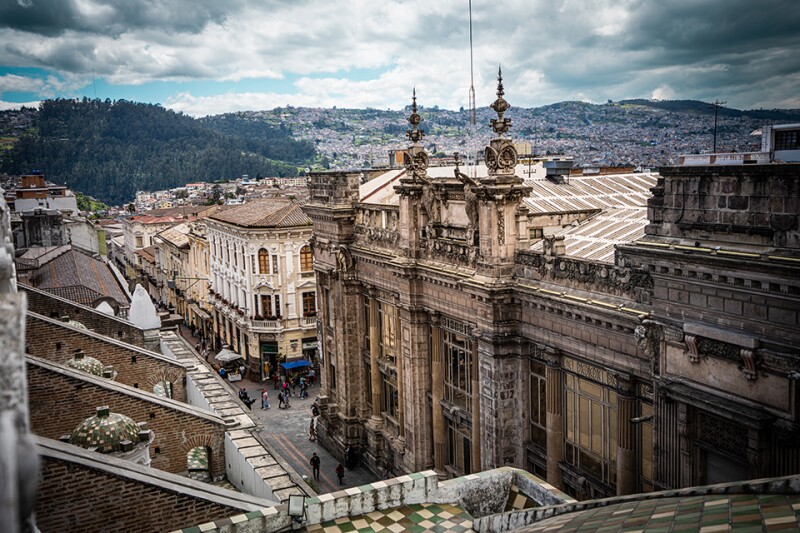
As Ecuadorian businessman Daniel Noboa prepares to take office as the country’s new and youngest-ever president on Thursday, there is hope but little expectation that the new administration could move to dismantle the country’s stringent interest-rate laws.
Ecuador has a range of interest rate caps on commercial lending sectors that work against the country’s banks in an environment of rising interest rates.
As Larisa Arteaga, director in Fitch Ratings’ Latin America Financial Institutions group, points out, higher rates have “a limited positive impact on margins and profits due to regulatory interest rate ceilings, however they result in increased funding cost”.
Arteaga adds that this dynamic has led to greater competition for low-cost deposit funding bases – especially given the migration to time deposits among public-sector customers. This has provided the large, diversified banks with an operational advantage over banks with less diversified business models, smaller franchises and high-cost deposit bases.
“Banks that didn't create conservative reserve cushions in the pandemic have seen their profitability affected due to asset-quality deterioration amid the weak economic environment,” she says.
Consequently, some of the banks are now focusing on riskier but more profitable consumer loans as they try to compensate for high funding costs.
